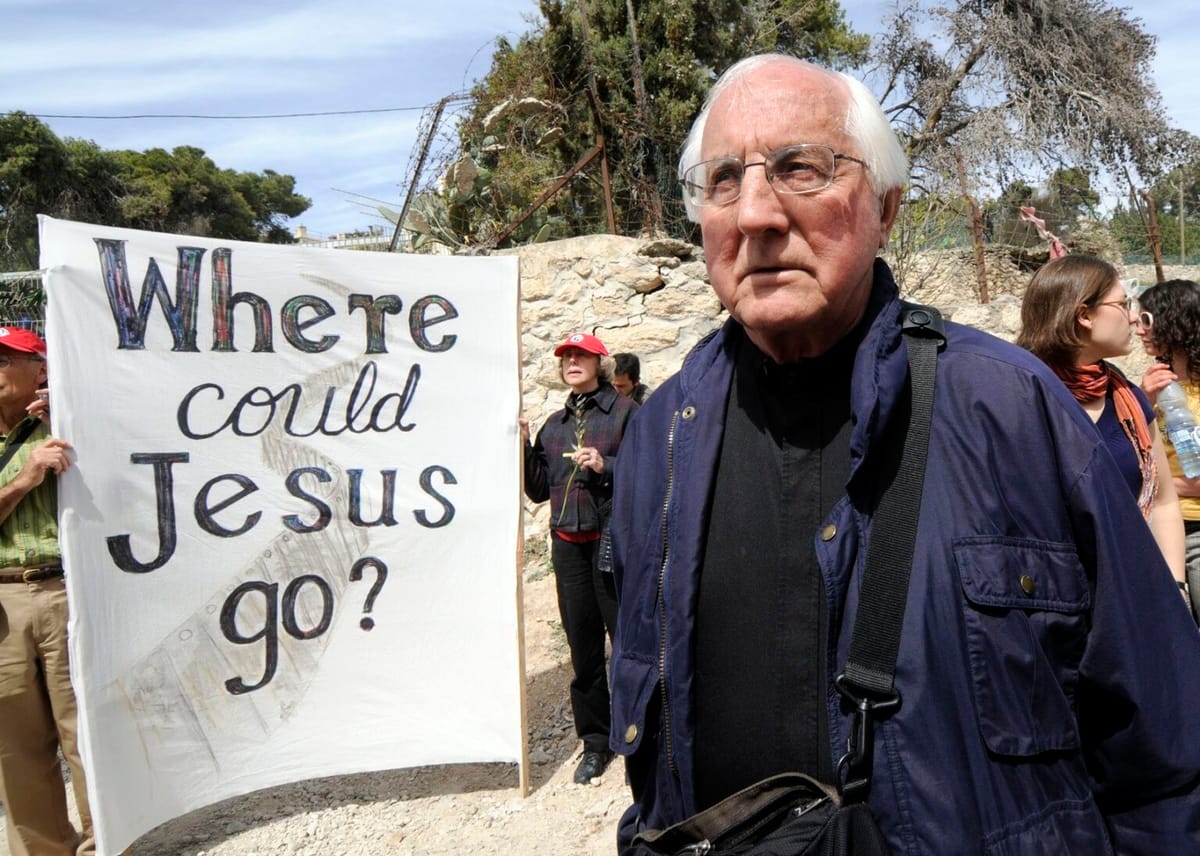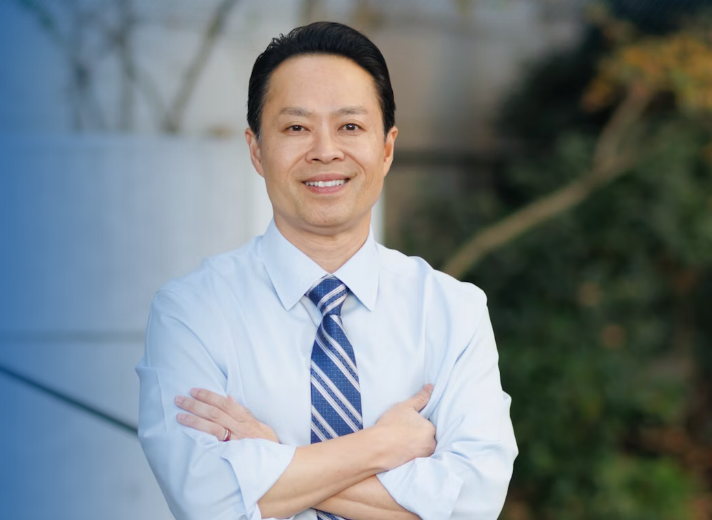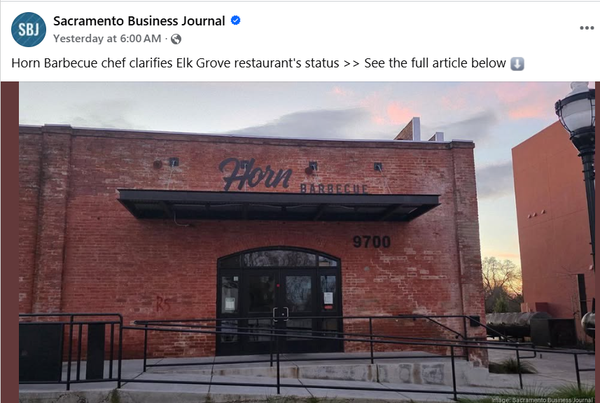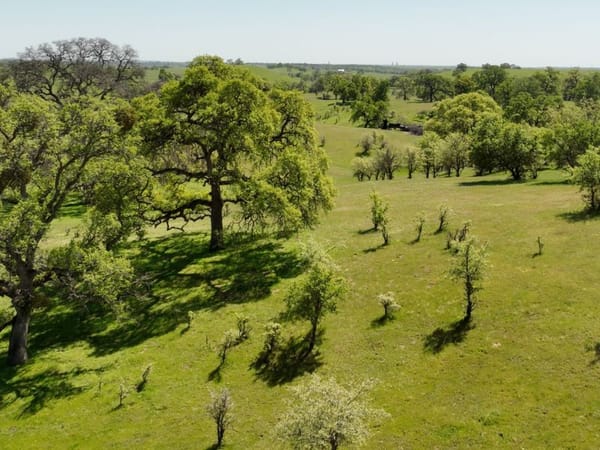From Tehran to Chicago: The Striking Contrast in Granting Spiritual Comfort
“I had an opportunity to go to each one individually, shake hands or embrace, and that was a good exchange for a few words,” Bishop Gumbleton said of his meeting with American hostages in Iran.

Recently, I came across a story that jogged my memory about a historical and a personal event. The story was about people being detained by ICE (Immigration and Customs Enforcement) in suburban Chicago.
Early this month, a story from the Daily Beast reported about ICE detainees in Chicago being denied a visit by a Roman Catholic priest and a group of laypeople. The priest had requested to check the welfare of detainees and offer the Eucharist to those who hoped to receive it.
In response, Pope Leo XIV, a Chicago native, condemned the inhumanity. See more commentary from the Pope in the video below.
"Many people who have lived for years and years and years, never causing problems, have been deeply affected by what's going on right now," the Pope told reporters in Vatican City. "The spiritual rights of people who have been detained should also be considered, and I would certainly invite the authorities to allow pastoral workers to attend to the needs of those people."
This denial of access to the detaineees is not surprising given the cruelty of the ICE raids. The story jogged a memory from 1979.
In December 1979, 52 Americans were being held hostage in the American embassy in Tehran, Iran. Students were holding the hostages with the support of the Iranian Revolutionary Guard.
By late December, the hostages who had been held for about six weeks were visited by an American delegation of three clergy members, including Auxiliary Bishop Thomas Gumbleton of the Detroit Diocese, for Christmas services. The Bishop held Christmas Eve services for two groups and was able to offer Communion.
Undoubtedly, the students and the newly installed Iranian government had ulterior motives for inviting the clergy. Regardless of their motives, Bishop Gumbleton and his two fellow clergy members were able to check on the welfare of the hostages and offer spiritual guidance at a time when they needed it most.
“I had an opportunity to go to each one individually, shake hands or embrace, and that was a good exchange for a few words,” Bishop Gumbleton said, as noted in this story and originally told to The Catholic Worker in 1980. “In each case, they just said they couldn’t thank me enough for coming — how much it meant to them.”
Why will ICE not allow American clergy to visit these detainees?
Most of those in custody are thought to be Latino, and given that a majority of Latinos are of the Roman Catholic faith, what harm would it do to offer some spiritual guidance and offer Communion? Where are all these supposed Christian supporters of the Trump administration?
Perhaps ICE is trying to hide the reported inhumane conditions in these prisons. Maybe they are intentionally violating the Geneva Conventions, because after all, President Donald Trump has said we are being invaded, which would mean we are at war and subject to the conventions.
Congressional delegations seeking to fulfill their oversight duties have also been repeatedly denied access. What exactly is happening in these facilities?
Regarding personal memories, as someone who was raised in a Roman Catholic family but is no longer practicing, I received the Sacrament of Confirmation in May 1968 at Christ the Good Shepherd parish in Lincoln Park, Mich. Back then, you had to be at least in fourth grade to receive that Sacrament, which came about two years after receiving Communion.
As fate would have it, on March 8, 1968, Pope Paul VI appointed Fr. Thomas Gumbleton as the 10th auxiliary bishop of Detroit and the youngest American bishop at the time. I was in Bishop Gumbleton's first group of confirmands.
I recall my mother telling me that at the time, and it was one of those pieces of information that is embedded in your long-term memory. By December 1979, I was in my senior year of college, and when I heard that Bishop Gumbleton offered Christmas Eve Mass to the hostages, the event became etched in my memory.
When hearing the news that Roman Catholic clergy and laypeople were denied visitation to detainees in Chicago to offer the Eucharist and spiritual assistance, I could not help but think about Bishop Gumbleton and the access he was given to American hostages a half a world away.
Why the inhumanity?



